Exact Answer: 4-6 Hours
The food that we consume gives us the energy to do our daily activities. Not only that, but food also provides nutrition to our body which helps our body function properly and fights diseases.
When we eat food, it goes through many processes to break down the complex structure of the food into simple parts, which we call nutrients. This process is called digestion.
One must try to eat foods that are easy to digest and nutritious to lead a healthy life. A nutritious diet will help the digestive system to work more efficiently and provide all the nutrition that the human body needs for various bodily functions. We must take care of our bodies by having a healthy diet and exercising.
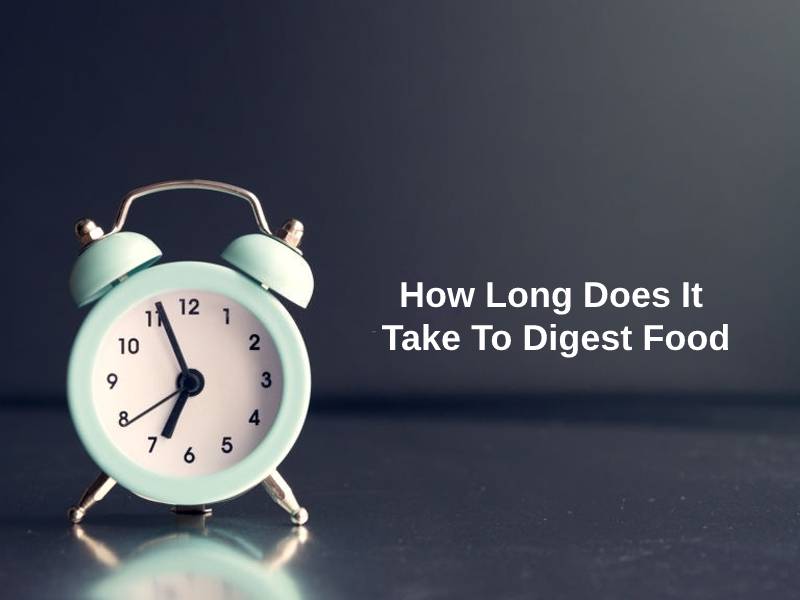
How Long Does It Take To Digest Food?
The time taken for food to digest depends from individual to individual considering various factors such as age, gender, and health condition. On average (for a normal person), it takes between 4-6 hours for food to digest.
This time is just for the food to be digested i.e. the breakdown of the food into various nutrients like fatty acids, amino acids, and glucose. For the food to travel through the intestines and exit the body, it takes around 2-5 days.
There is nothing one can do as such to increase the speed of digestion after eating food. Although, one can eat foods that are easier to digest, like fruits and vegetables. This will help the process to be more efficient.

Summary:
| Transit Status Of Food | Time Taken |
| Traveling Through The Colon | 30 to 40 Hours |
| 50% Emptying Of Small Intestine | 2.5 to 3 Hours |
| 50% Emptying Of Stomach | 2.5 to 3 Hours |
| Complete Emptying Of Stomach | 4 to 5 Hours |
Numerous factors affect the time taken in the whole process of digestion. Gender, age, and type of food eaten determine how long the body would take to complete the process of digestion.
According to doctors, the process of food digestion is slower in women when compared to men. Age plays a vital role in digestion. As a person ages, the process of digestion naturally slows down.
The food that one eats determines the time it will take for digestion. If a person eats something easier to digest, digestion will speed up. On the other hand, if a person eats complex food, then digestion automatically slows down.
Why Does It Take That Long For Food To Digest?
Food digestion includes various stages. Each stage has to be completed, before moving on to the next stage. Digestion begins the very moment when food enters a person’s mouth. The food is chewed with the help of teeth and saliva that converts food into a smaller, and easy-to-digest form.
Entry into the stomach is also a crucial activity. Once food enters the stomach, various enzymes and acids are released which break down the food. After food enters the small intestine, more enzymes from the pancreas and bile from the liver are secreted for a further breakdown of food. After the breakdown, the nutrients are absorbed by the bloodstream. Food stays in the small intestine for 2 to 6 hours.
Transit through the small intestine is equally time-consuming. Subsequently, entry into the large intestine takes place. Once the entire absorption of nutrients and water is completed by the small intestine, all that is left is waste. After the large intestine is filled with this waste, it is emptied.
After all these stages the entire processing of the food is completed. One must always take care about eating habits, and the consequential effects on the digestive system.
Conclusion
Digestion is the process that gives us the energy and our body the nutrients to function properly.
One must always see to it that we eat food that doesn’t cause any problems in this process. It is essential to exercise to stay fit and stay healthy. There is no fixed time for the completion of digestion, it depends on the digestive system of the person, the food they eat and, their health conditions. Digestion is a process in which multiple organs perform multiple activities in coordination.

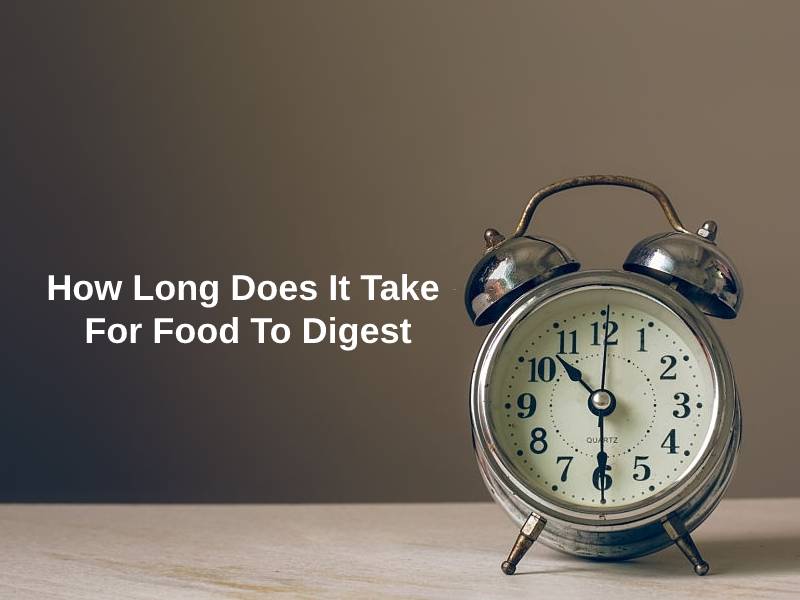

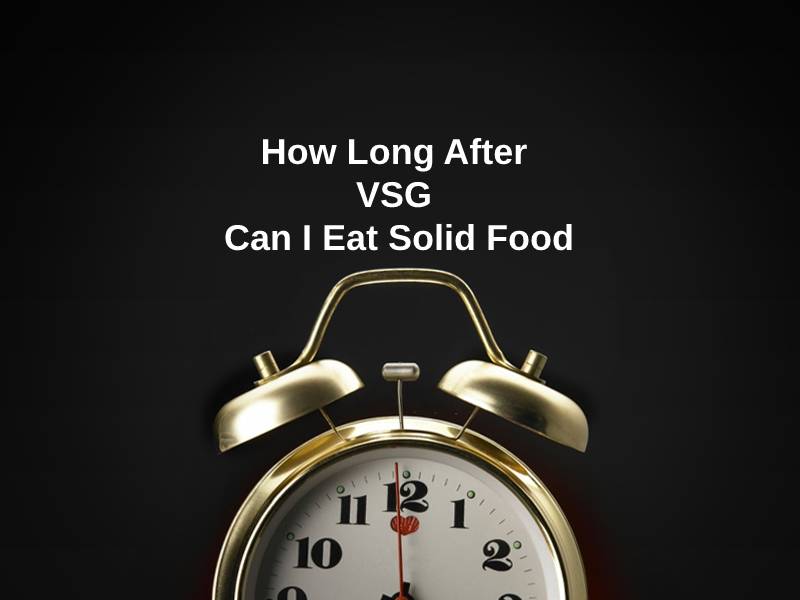
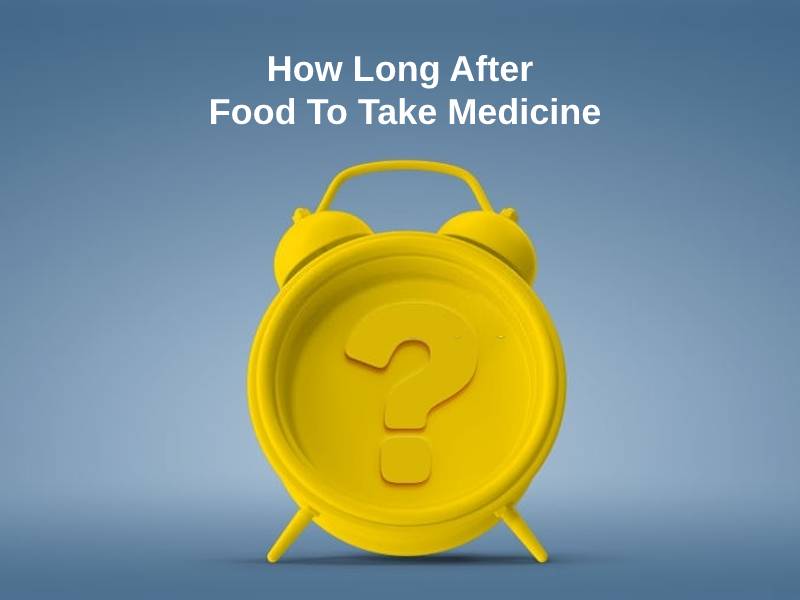
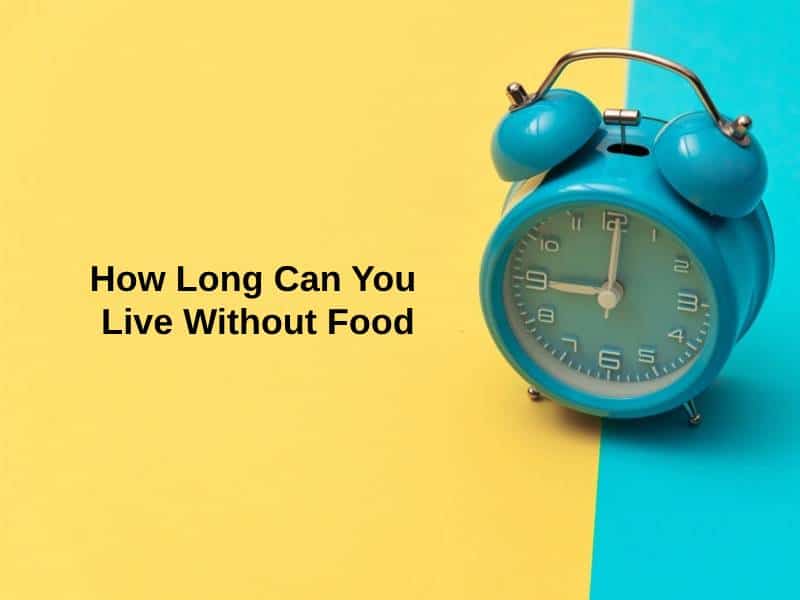
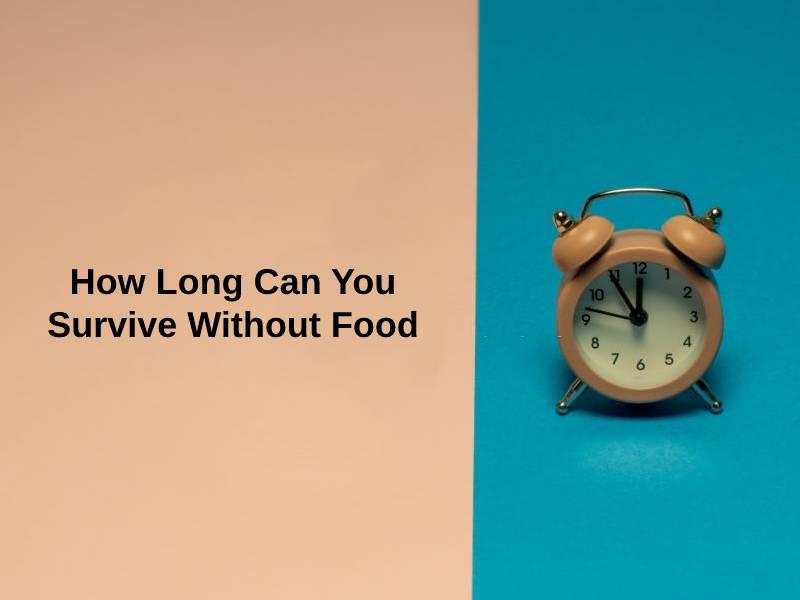





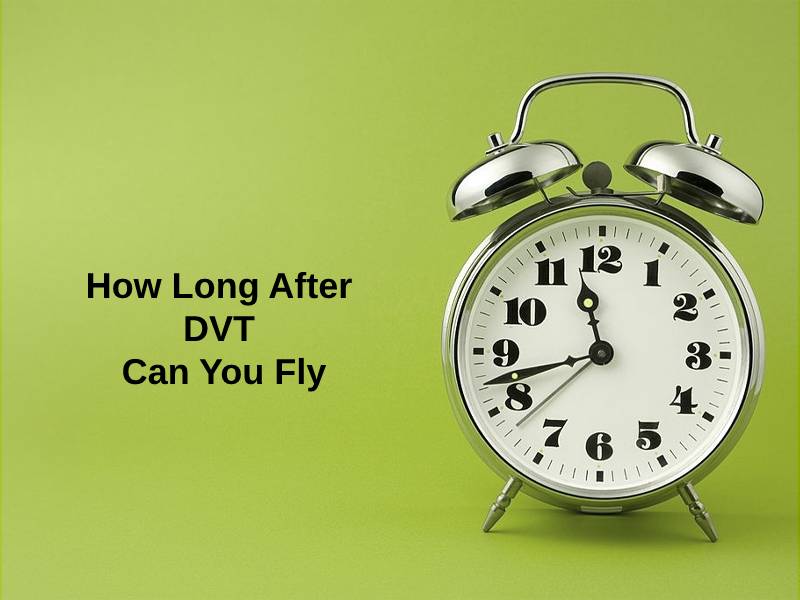
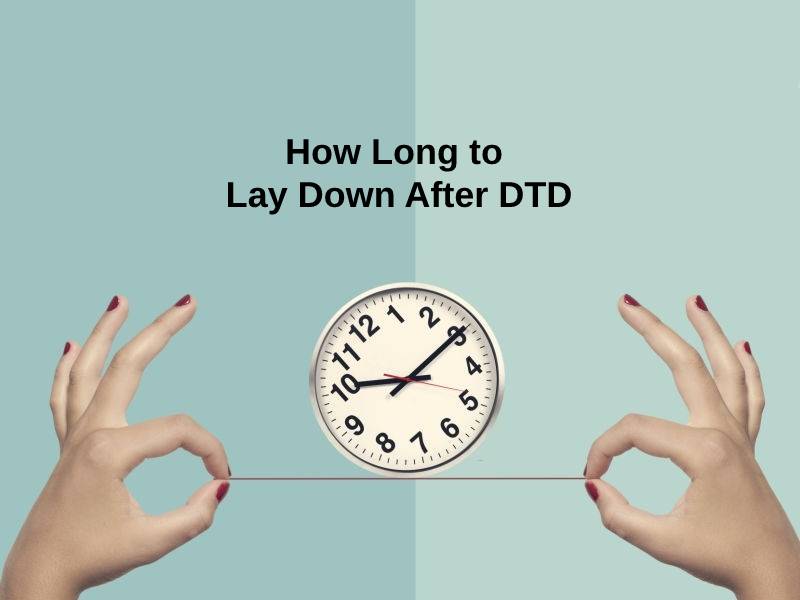
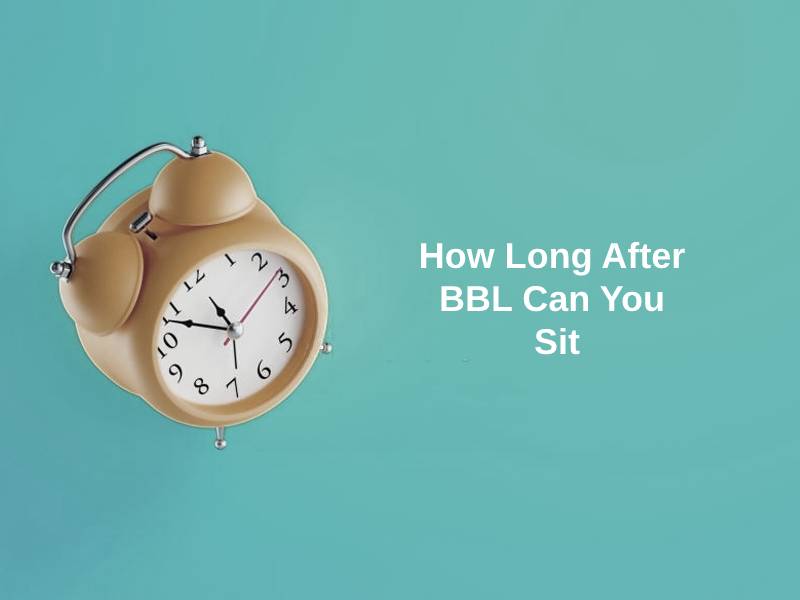
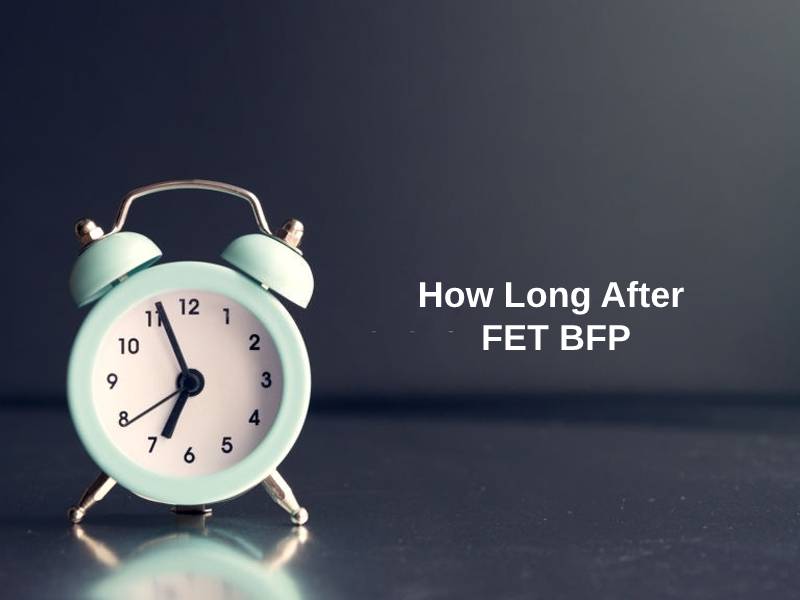
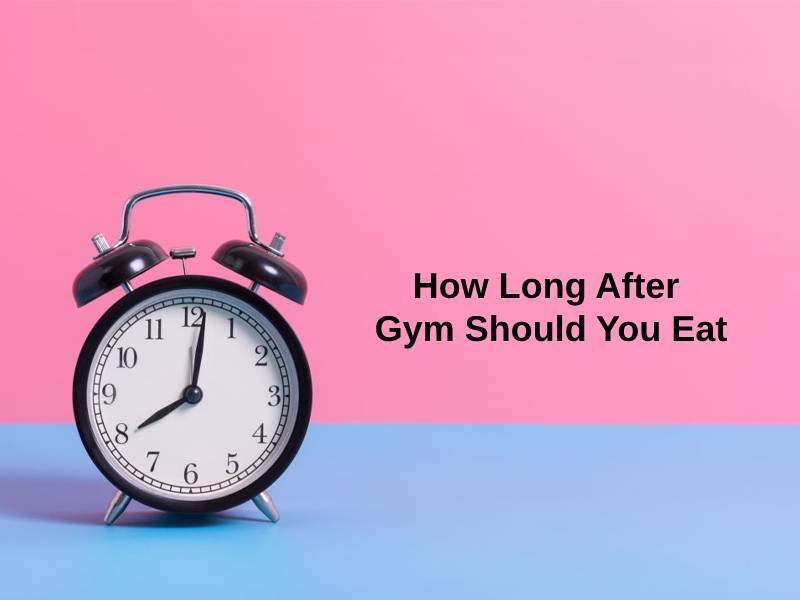
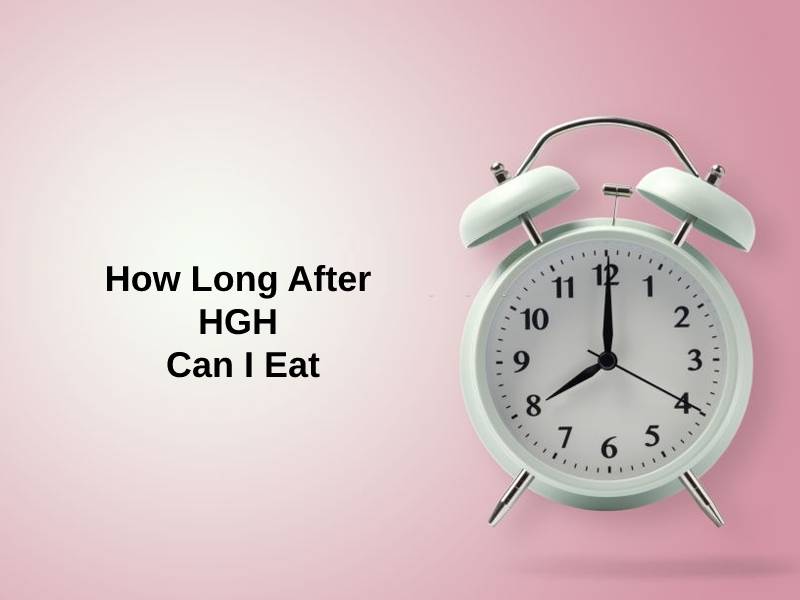
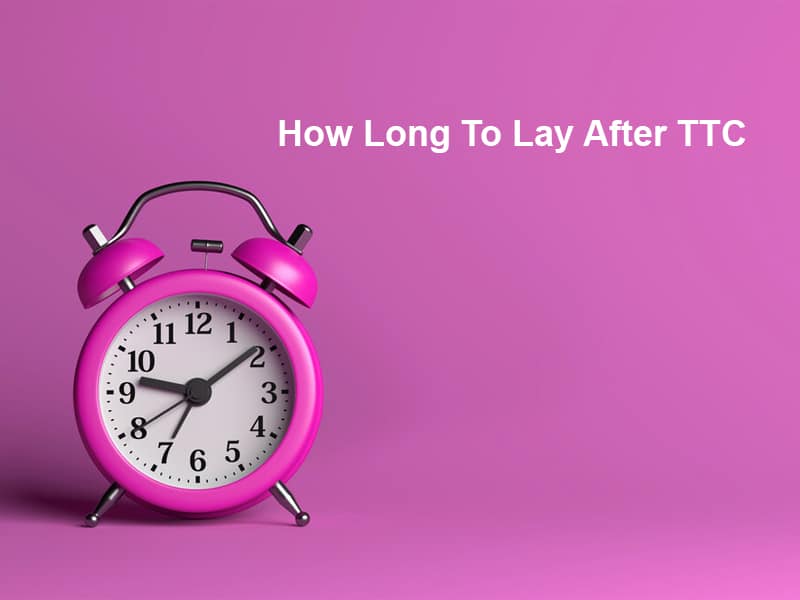

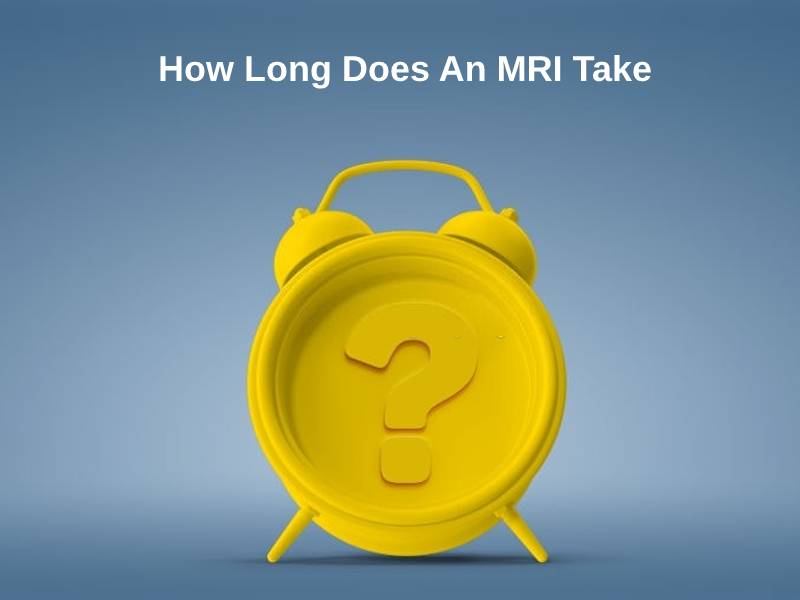
The detailed explanation of the food digestion process and how it varies based on individual factors offers valuable insight. It’s crucial to be more mindful of our dietary decisions for optimal health.
Well said! Understanding the nuances of digestion helps us make informed dietary choices and prioritize overall well-being.
Absolutely, this article encourages us to consider the impact of our diet on digestion and underscores the importance of healthy eating.
I find the explanation of how various factors such as gender, age, and type of food eaten affect the digestion process quite fascinating. Understanding these elements can help us make more informed choices for our health.
Indeed, this article sheds light on the importance of considering individual differences and dietary choices when it comes to digestion and overall wellness.
This article provides a comprehensive overview of the digestion process. I appreciate the detailed information and the breakdown of transit times for different stages of digestion.
Absolutely, it’s intriguing to learn about the intricacies of food digestion and the factors that influence it. Knowledge about nutrition is valuable.
Learning about how long it takes for food to digest has made me more conscious of my dietary habits. It’s essential to prioritize nutrition and make informed decisions about what we eat.
Absolutely, the information presented here encourages us to reflect on our eating habits and strive for healthier choices.
I completely agree. This article serves as a reminder of the importance of a balanced and nutritious diet for overall well-being.
I found the breakdown of food transit times and the impact of individual factors on digestion quite enlightening. It’s a reminder to be mindful of our dietary choices for optimal health.
Absolutely, understanding how our dietary habits influence digestion is essential for maintaining overall wellness and making informed nutritional choices.
I was not aware of the timeframes involved in food digestion. This was an eye-opening read. We should pay closer attention to what we eat and how it affects our digestion.
Absolutely, our diet plays a crucial role in maintaining digestive health. This article highlights the significance of being mindful of our food choices.
The detailed explanation of food digestion and influencing factors provides valuable insights into maintaining optimal health through balanced dietary choices.
Absolutely, the information presented here encourages us to be more mindful of our dietary decisions and their impact on our health.
Indeed, this article prompts us to reevaluate our eating habits and prioritize a nutritious diet for overall well-being.
Thank you for sharing this informative article! It’s important to consider how our diet affects our overall health and well-being. What we eat matters more than we think!
I agree. It’s crucial to be mindful of our eating habits and how they impact our bodies.
This article provides a thought-provoking insight into the complexities of food digestion and the importance of mindful eating habits. Valuable information for promoting overall health and wellness.
Indeed, educating ourselves about digestion and nutrition empowers us to make healthier choices and prioritize our well-being.
Absolutely, understanding the digestion process and its influencing factors encourages us to adopt healthier food habits for a better lifestyle.
This article offers a comprehensive understanding of food digestion, emphasizing the need for a balanced and nutritious diet to support overall health and well-being.